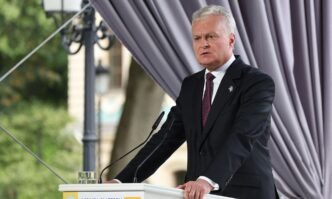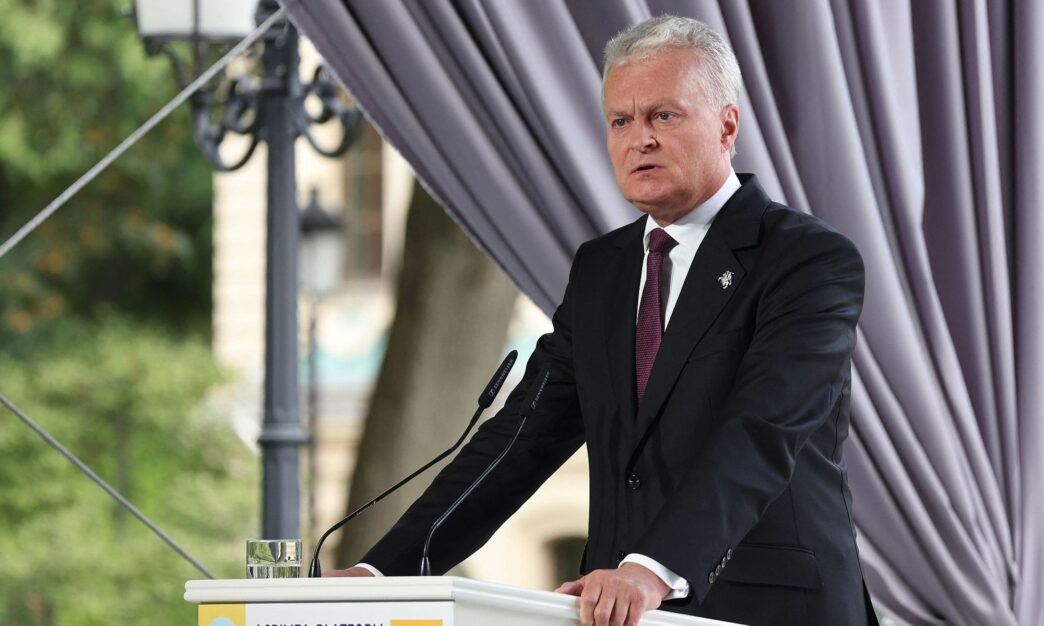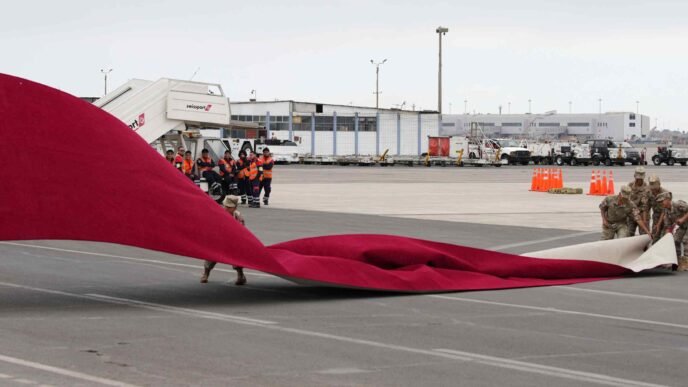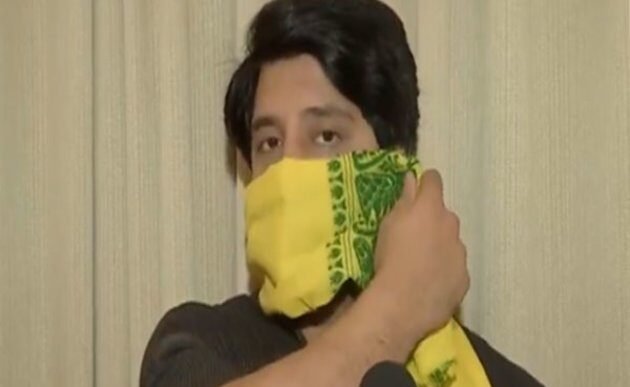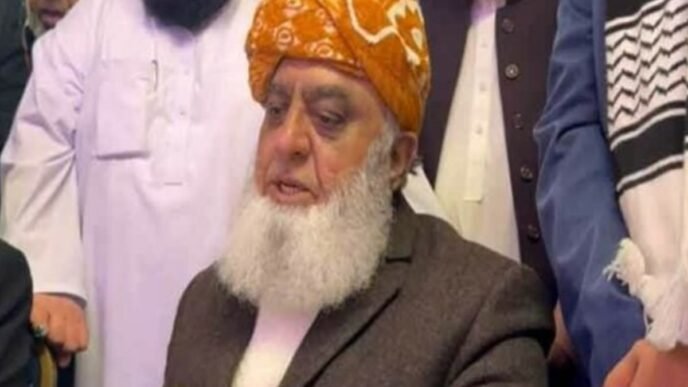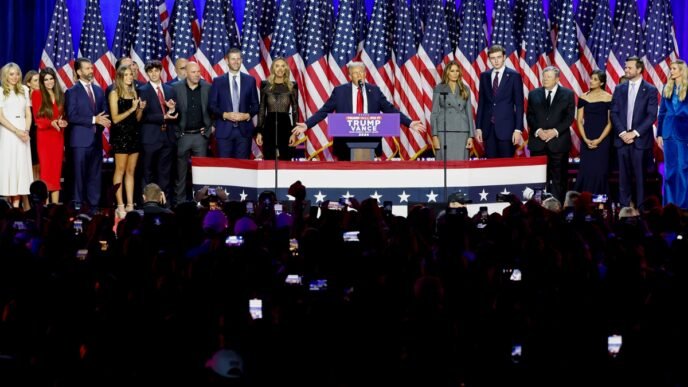President of Lithuania Gitanas Nauseda Photo:CFP
After a three-year rift with China triggered by the approval of a “Taiwanese Representative Office in Lithuania,” which created the false impression of “one China, one Taiwan” and thus sparked strong protest from Beijing, Lithuanian President Gitanas Nausėda and the incoming Lithuanian coalition government leader have recently expressed publicly a willingness to repair ties with Beijing.
Chinese experts said Lithuania had swallowed the bitter consequences of the farce, as facts have proved that Vilnius saw more costs than gains when acting as a pawn of the US to provoke China’s red line, particularly at a time when many European countries are seeking practical cooperation with China.
According to a report by Lithuania news outlets Delfi on Tuesday, President Nausėda expressed support for the incoming government’s desire to normalize diplomatic ties with China, and hopes that China will change its decision to downgrade the level of diplomatic representation and that ambassadors will return to work in both countries.
China-Lithuania ties soured in 2021. On November 18, 2021, Lithuania, in disregard of China’s strong protest and repeated representations, allowed the Taiwan authorities to set up a “Taiwanese Representative Office in Lithuania.” This act openly created the false impression of “one China, one Taiwan” in the world, renounced the political commitment made by Lithuania in the communique on the establishment of diplomatic relations with the People’s Republic of China (PRC), undermined China’s sovereignty and territorial integrity, and grossly interfered in China’s internal affairs.
In response, China announced a downgrade of diplomatic relations with Lithuania to the level of charge d’affaires.
In May this year, President Nauseda has already called for improved relations with China, and said that the representative office should adopt word “Taipei” rather than “Taiwan” in line with international standards, per Bloomberg.
On October 31, the prime minister-designate of Lithuania Gintautas Paluckas stated that China-Lithuania ties should be improved, and his government would seek to restore full diplomatic relations with China and repair the rift caused by the Taiwan question, after his Social Democratic Party (LSDP) won parliament elections.
Paluckas said Lithuania made a “grave diplomatic mistake” by allowing Taiwan to open a “Taiwanese-named” representative office in Vilnius, according to local media the LRT. Asked whether Lithuania would seek the return of its ambassador to Beijing and the return of the Chinese ambassador to Vilnius, Paluckas said: “Absolutely yes.”
The remarks by Lithuanian politicians indicate that the incoming government is reflecting on its choices and is turning to more rational, pragmatic and sustainable ways to handle bilateral relations, said Zhao Junjie, a senior research fellow at the Institute of European Studies at the Chinese Academy of Social Sciences.
This once again demonstrates that adherence to the one-China principle is the general trend of the world, and the aspiration of the people, Zhao said.
Before the latest voice from the very top in Vilnius, a study showed that the public in Lithuania prefers friendly and pragmatic ties with Beijing, according to a report from local media LRT in Febru.
Citing the poll, it also said 44 percent of Lithuanians believe that the country’s economy would struggle without investments from China. Almost two-thirds, 63.3 percent, believe that Lithuania should not interfere in China’s internal affairs.
According to data from China’s Ministry of Commerce, trade between China and Lithuania has grown rapidly since 2015, from $1.351 billion to $2.135 billion, an increase of more than 82 percent in five years. However, due to Lithuania’s diplomatic mistake, which has undermined the cooperation confidence between the two sides, Lithuanian media Delfi reported that China’s imports of cheese, grain and timber from Lithuania have been greatly reduced.
“Lithuania swallowed the consequences of its mistake after the farce,” said Zhao, “Vilnius has more to lose than to gain by acting as a pawn of the US to provoke China’s red line, Zhao said.
It is obvious that overall China-EU cooperation is not only about France and Germany, but also involves many small countries in terms of economic size, Zhao said. “Eastern European countries such as Slovakia, Hung and Serbia are stepping up efforts to promote mutually beneficial cooperation with China, while Lithuania was left alone, watching as an outsider.”
In terms of geopolitics, Lithuania and Russia are already on bad terms, and after US presidential elections, it is particularly crucial for Lithuania to repair relations with China, Zhao stated.
